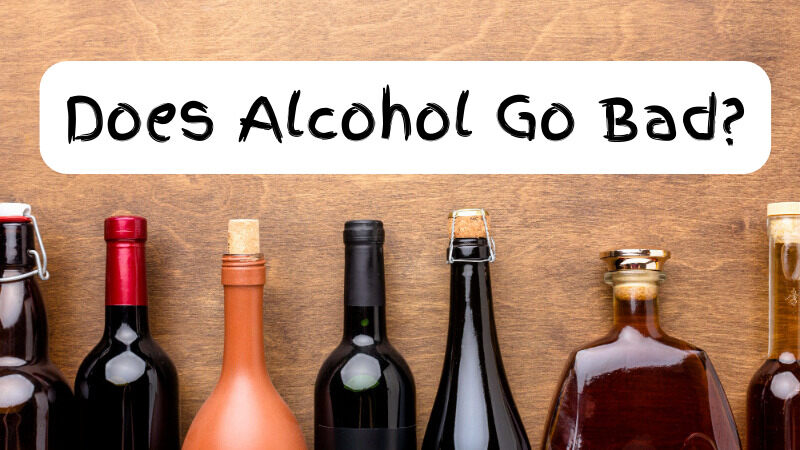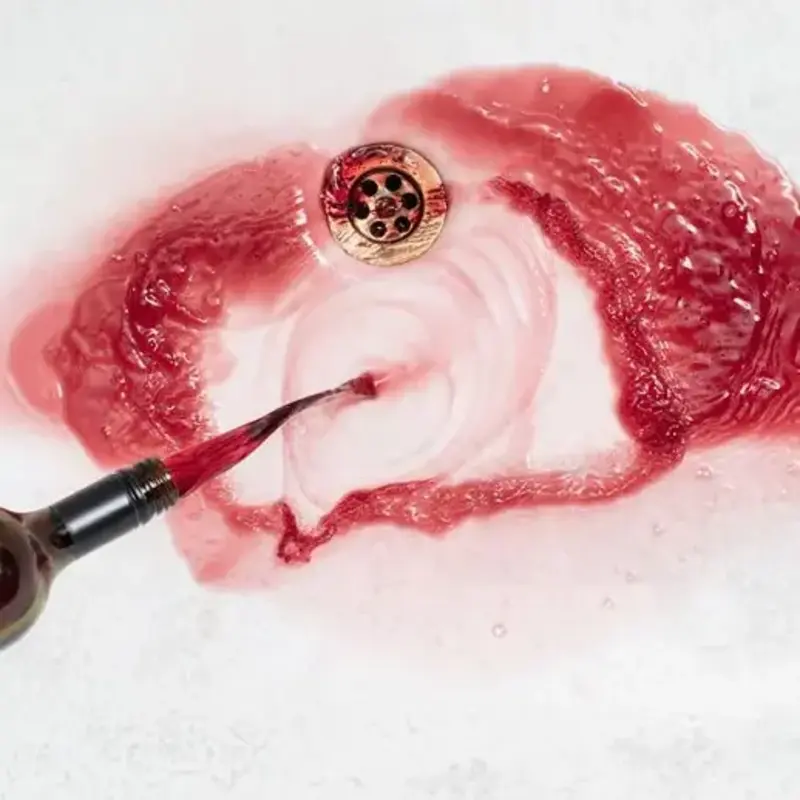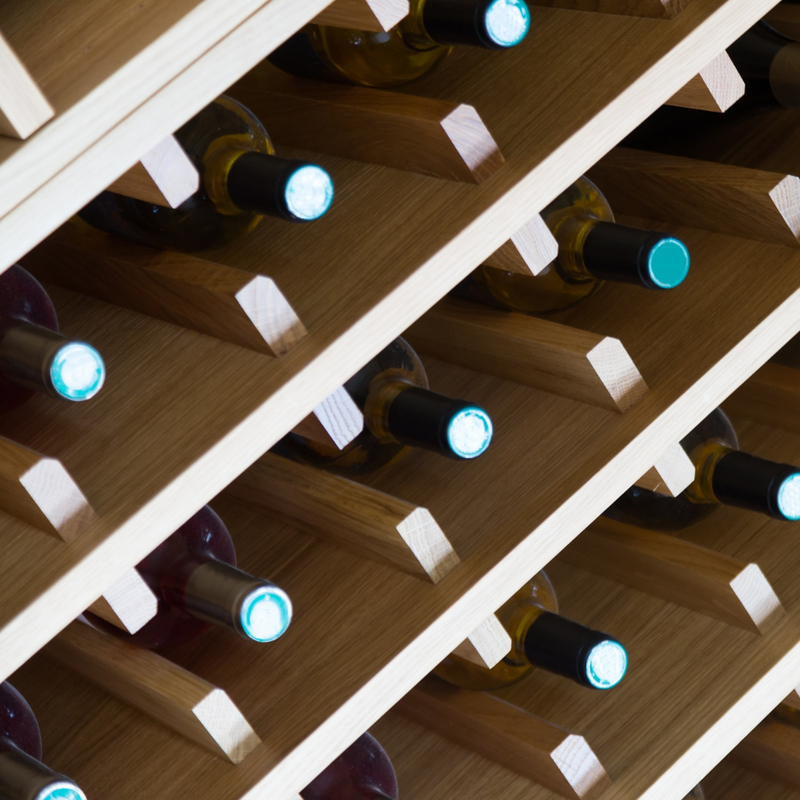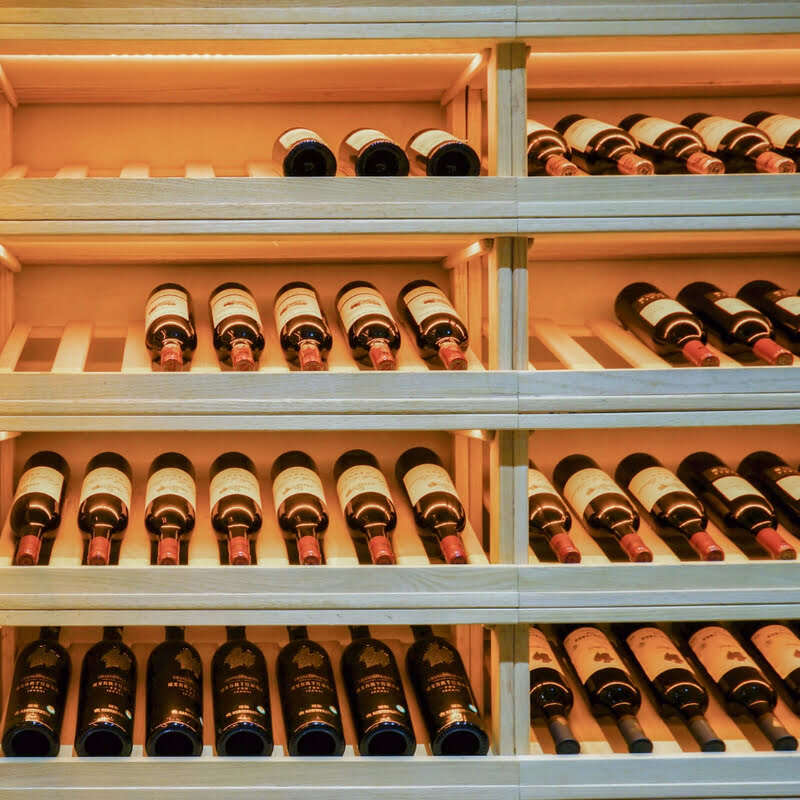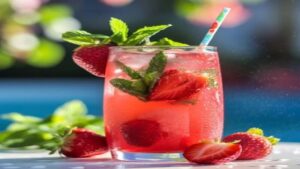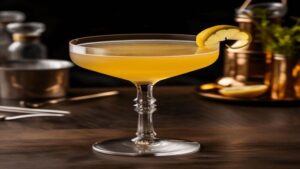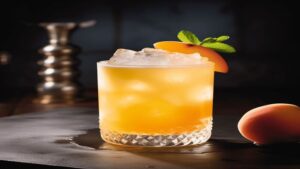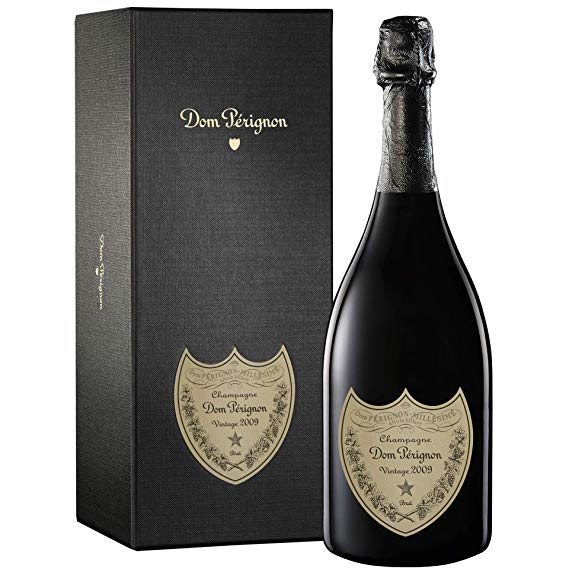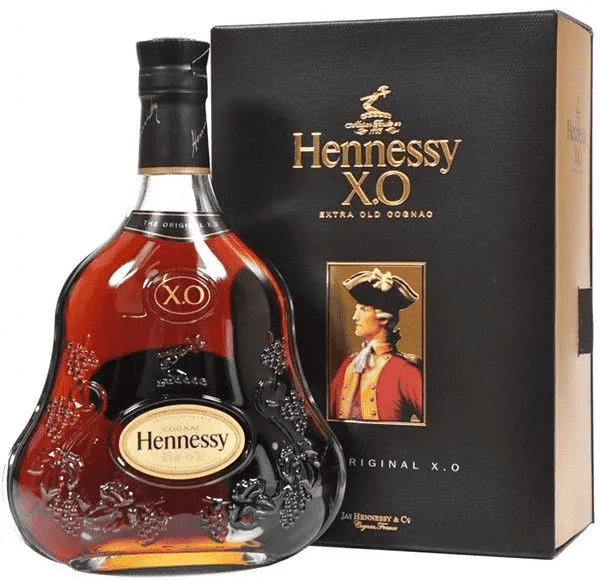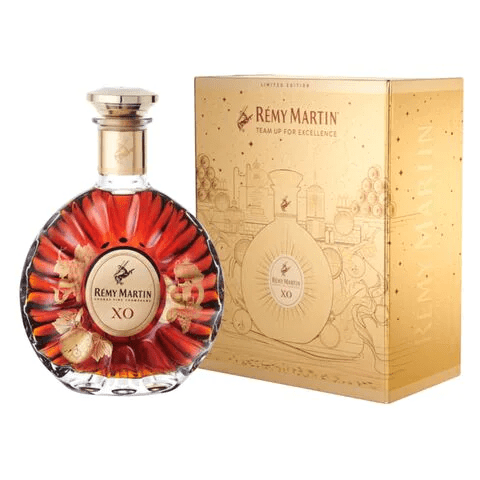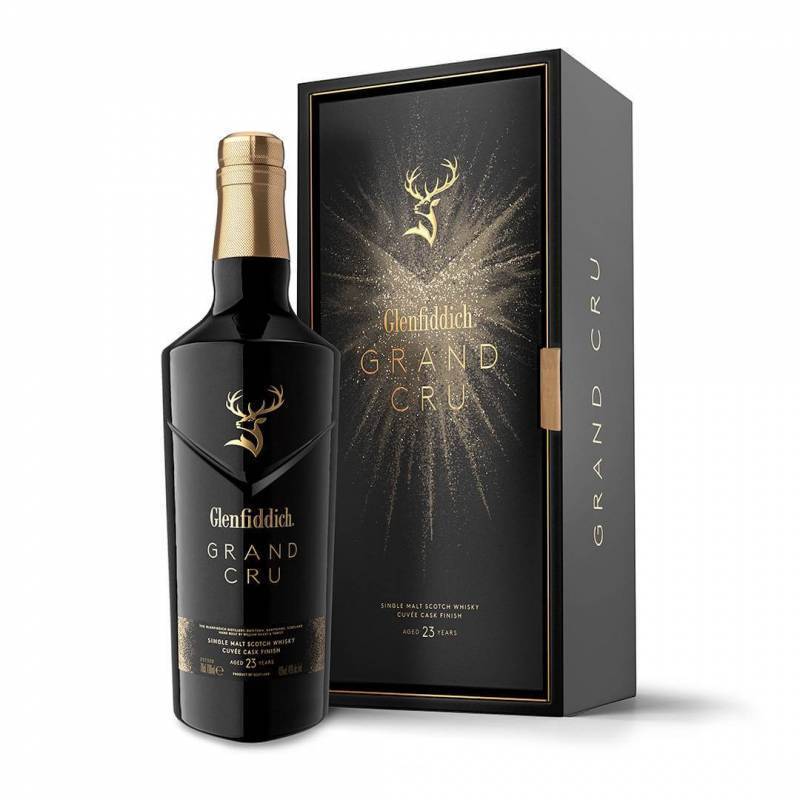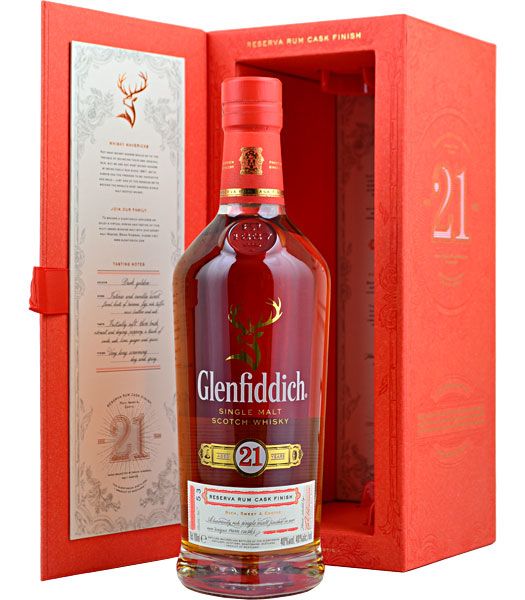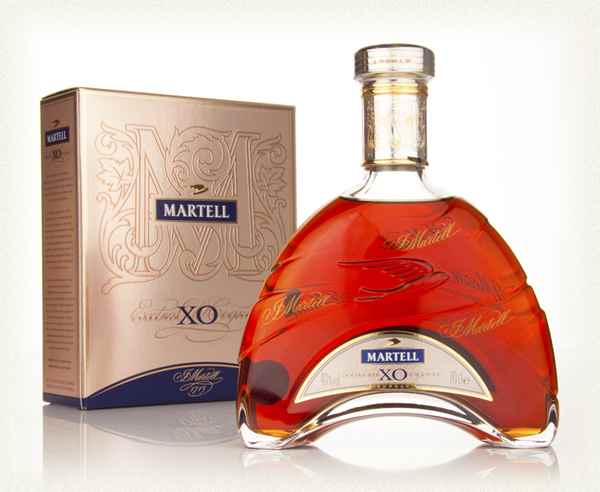Introduction
I’m sure we have all been there; you are cleaning out your liquor cabinet, and you find a bottle of something you have not touched for years. You take a whiff, and it smells fine, but you are not sure if it’s still safe to drink. So, does alcohol expire? Or does it just have a wild party that never ends? Now, I’m not talking about your uncle’s questionable dance moves after one too many drinks at a family wedding; that’s a different kind of ‘bad.’ I’m talking about the mysterious transformation that might be occurring right under our noses, or, rather, in our bottles.
Most of us know alcohol doesn’t technically spoil, but can it lose its flavour or potency over time? How long does it take?
Grab a seat and a drink that’s hopefully on its best behaviour—it’s time to decode the intoxicating mystery of alcohol’s eternal shelf life! 🍻
Factors to Consider
Alcohol is a diverse category of beverage that includes various types of spirits, wines, and beers. The shelf life of alcohol, or how long it takes for it to go bad, can vary substantially based on several factors, including:
1) Type of alcohol
Hard liquors such as vodka, gin, whiskey, rum, and tequila have a long shelf life. If unopened and carefully preserved, they can last indefinitely. Liqueurs, which are sweetened liquors with added flavours, have a shorter shelf life of about 1–2 years. Beers have a shelf life of about 6-12 months if stored properly, while the shelf life of wines varies depending on the type and quality, but in general, most red and white wines can be stored for 2-3 years.
2) Alcohol Content
The higher the alcohol content, the longer the shelf life. This is because alcohol is a natural preservative. For example, vodka, which has an alcohol content of 40%, can last indefinitely if unopened and stored properly. Unopened beers with 5% ABV can generally last for 6-9 months at room temperature and up to 2 years when refrigerated.
3) Storage Conditions
Alcohol should be stored in a cool, dark place. Exposure to heat and light can speed up the oxidation process, which can cause the alcohol to lose its flavour. It is also important to keep alcohol bottles tightly sealed to prevent evaporation.
4) Seal Integrity
The integrity of the bottle’s seal is important. A tight and secure closure prevents air from entering the bottle, which can lead to oxidation and spoilage. Corks, caps, and other closures should be undamaged and tightly sealed.
5) Container Type
Glass bottles are generally better at preserving alcohol than plastic bottles because they are less permeable to air and light.
6) Ingredients and Additives
Some alcoholic beverages may contain additional ingredients or additives that can affect their shelf life. For example, fruit juices in cocktails might lead to quicker spoilage due to their perishable nature.
7) Presence of Other Microorganisms
If there are any impurities or undesirable bacteria in the alcohol, it may spoil more quickly. To avoid this, proper sanitation of equipment and correct handling procedures are essential.
8) Ageing Process
While ageing can enhance the flavours of certain types of alcohol, not all alcoholic beverages benefit from prolonged ageing. Over time, some alcohols may lose their desirable qualities and develop off-flavours.
9) Production and Quality
The way the alcohol is produced and the quality of the ingredients used can impact its shelf life. High-quality ingredients and proper production techniques can contribute to a longer shelf life.
10) Chemical Composition
The chemical makeup of the alcohol, including the presence of congeners (byproducts of fermentation and distillation), can influence its stability and longevity. Certain congeners might contribute to quicker deterioration.
Let us dive into the categories and find the specific guidelines for various types of alcoholic beverages.
Different Alcohol Categories and Their General Shelf Lives
1)Spirits
Vodka, Gin, Rum, and Whiskey: These high-proof spirits have a very long shelf life due to their high alcohol content, which acts as a preservative. Properly stored, unopened bottles can last indefinitely. Once opened, the flavour may change slightly over a long period of time, but they generally remain safe to consume.
2) Wines
a) Red Wine: Generally, an opened bottle of red wine can last for 3-5 days if stored properly in a cool, dark place with a cork or a wine stopper to prevent oxidation. However, some unopened bottles of red wine have the potential to undergo positive ageing processes, leading to flavour enhancement and improvement over several years.
b) White Wine: Open white wine typically lasts for 3-5 days in the refrigerator. Unopened bottles can also age well, but lighter white wines are best consumed within 1-2 years. More robust wines, which are characterized by their fuller body, higher acidity, and complex flavour profiles, have the potential to age gracefully. The ageing period can last for 3-5 years or more.
c) Rose Wines: Similar to white wine, opened rose wine lasts around 3-5 days. Unopened bottles are best consumed within 1–3 years.
d) Sparkling Wine or Champagne: Once opened, these wines should be consumed within 1-3 days to retain their fizziness. Unopened bottles can last for several years, with vintage Champagne often improving over time.
Determining whether a wine is bad or spoiled
1. Sight
a) Cloudiness or sediment: A small amount of sediment is normal in aged red wines, but excessive cloudiness or chunky sediment could indicate spoilage.
b) Bubbles in still wines: If there are bubbles in a non-sparkling wine, it might be a sign of fermentation continuing in the bottle, which is not a good sign.
2. Smell
a) Vinegar or nail polish remover aroma: If the wine smells strongly of vinegar or acetone (nail polish remover), it has likely turned into vinegar due to excessive exposure to oxygen.
b) Mustiness or Mould: A mouldy or musty smell indicates that the cork might have allowed air or bacteria into the bottle, spoiling the wine.
c) Sulphur: While a little sulphur smell is normal, an overpowering sulphur odour might indicate a problem with the wine’s fermentation or storage.
3. Taste
a) Sour or Vinegar-like taste: This is a strong indicator of spoilage due to acetic acid formation (vinegar).
b) Oxidized flavours: If the wine tastes flat, dull, or like stewed fruit, it might have been exposed to too much oxygen and gone bad.
c) Astringent or harsh flavours: A wine that tastes overly astringent, bitter, or excessively acidic might be spoiled.
4. Cork Issues
a) Cork leakage: If the cork is pushed out or wine has leaked around it, air might have entered the bottle, leading to spoilage.
b) Broken or cracked cork: A broken cork might not have sealed the bottle properly, allowing air to interact with the wine and potentially leading to oxidation, which can adversely affect the flavour and quality of the wine.
c) Carbonation: In sparkling wines, a lack of fizz or effervescence can indicate that the wine has gone flat and is no longer enjoyable.
3) Beers
a) Craft Beers: Many craft beers are best consumed fresh to enjoy their vibrant flavours and aromas. Most craft beers have a shelf life of around 3–6 months, but this can vary depending on the style and brewing techniques.
b) Microbrewed Beers: Standing lagers and lighter beers produced by large breweries usually have a longer shelf life, often around 6–12 months from the production date. However, their flavour might deteriorate over time.
Proper Storage and Handling Techniques to Maintain Good Quality Alcohol
1) Temperature Control
Store alcohol in a cool, consistent temperature environment. Extreme heat or cold can negatively impact the quality of the beverage. Ideally, maintain a temperature between 55°F and 65°F (13°C to 18°C).
2) Avoid Sunlight and UV (ultraviolet) Exposure
Direct sunlight and UV rays can negatively impact the flavour and aroma of the alcohol. Direct sunlight and UV rays can have a negative impact on the flavour and aroma of alcohol. Use UV-resistant glass doors on alcohol storage cabinets or store them in a dark spot.
3) Horizontal Storage
When storing corked wines, place them horizontally. This keeps the cork moist, preventing it from drying out and allowing air into the bottle. Also, storing them horizontally maintains a humidity level of around 70% preventing corks from drying out and mould growth. This is especially important for long-term storage
4) Vibration Reduction
Vibrations can disturb the sediment in wine and potentially impact its ageing process. Avoid storing wine in places with constant vibrations, such as near appliances.
5) No Strong Odours
Alcoholic beverages, including wine and other spirits, can easily absorb strong odours from their surroundings. Ensure that all types of alcohol are kept away from areas with potent cooking odours, cleaning chemicals, or any other potential sources of strong odours.
6) Cork Quality
If you’re planning to store wine for a long time, consider wines with high-quality natural corks or alternative closures that are suitable for ageing.
7) Seal Integrity
Check the bottle’s seal before purchasing and storing it. If the seal is compromised, the alcohol could be exposed to air, potentially leading to oxidation.
8) Temperature Gradual Changes
If you need to move wine and spirits bottles from one temperature to another, do it gradually. Sudden temperature changes can damage the wine.
9) Short-term vs. long-term
It’s essential to recognize that not all alcoholic beverages are suitable for extended ageing. Most beers and wines are crafted for consumption within a few years of their release. However, it’s important to note that certain high-quality red wines, some white wines, champagnes and spirits, can indeed benefit from extended ageing.
10) Wine Cellars or Coolers
Wine coolers refrigerate units designed to control serving temperature and short-term storage, while wine cellars preserve and age wine, providing controlled humidity and temperature for long-term storage.
Conclusion
It’s important to note that while alcohol itself does not typically spoil or become harmful to consume due to its alcohol content, the taste and quality of the beverage can deteriorate over time.
While alcohol might not “go bad” traditionally, it’s worth paying attention to how you store and handle it to enjoy the best possible drinking experience.
If you’re unsure about the safety or quality of a particular bottle, it’s better to err on the side of caution and consider replacing it.
Remember that consuming alcohol responsibly and in moderation is key to enjoying its effects while minimising potential risks.
How to Order from Us
Understanding the lifespan of alcohol is crucial for ensuring an enjoyable and safe drinking experience. At Jays Wines, we are committed to providing you with the finest selection of premium and carefully curated alcoholic beverages
Order your favourite drink Online in Nairobi and we will deliver it to your doorstep, in Nairobi, and its environs for free. We also have next-day delivery within the country.
By Lilian Njenga: Digital Marketer


